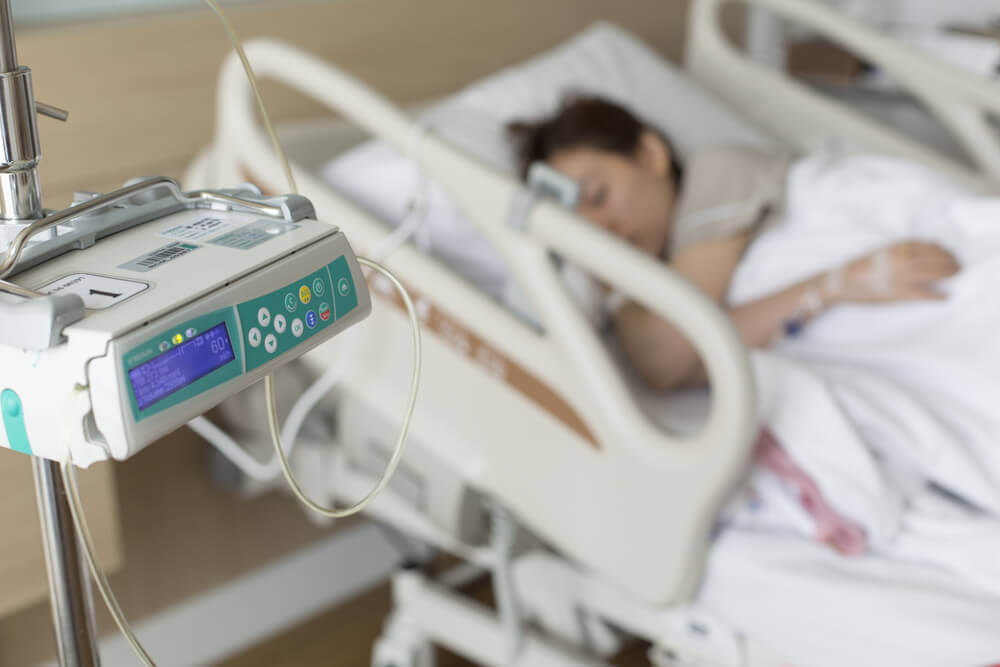Once diagnosed, type 2 diabetes demands lifestyle changes. Dietary changes. Physical activity changes. You must carefully monitor and regulate blood glucose levels. Controlling diabetes is challenging, to say the least. Last May, the U.S. Food and Drug Administration updated a warning about sodium-glucose cotransporter-2 (SGLT2) inhibitor drugs. The most popular SGLT2 inhibitor on today’s market is Invokana. Invokana, and drugs like it, help control insulin levels in type 2 diabetes patients. These drugs prevent your kidneys from reabsorbing extra blood sugar. Instead of traveling into the kidneys (where it can damage organs), Invokana forces glucose out through your urinary tract. For many patients, SGLT2 inhibitors work well. But the FDA’s warning reports numerous diabetic ketoacidosis cases. Also known as Invokana DKA, it’s a dangerous condition which can lead to coma and, in some cases, even death.
The Signs of Invokana DKA
The 2015 FDA warning tells patients to “pay close attention for any signs of ketoacidosis and seek attention immediately if they experience symptoms.” These symptoms may include difficulty breathing, nausea, vomiting, abdominal pain, confusion, and unusual fatigue or sleepiness. While type 2 diabetes can cause severe health complications, DKA is rare. In fact, DKA is usually associated with Type I diabetes, meaning type 2 patients suffering from the side effects of Invokana face the complications of a completely different form of the diabetic condition. If you’re worried, you can always test yourself at home with some cheap ketone strips.
Invokana KDA Injury Claims
Hundreds of Invokana DKA injury claims are now underway. In December 2015, an Alabama woman sued Invokana’s manufacturer, Janssen Pharmaceuticals. The plaintiff claimed Janssen withheld information about all possible medication complications as well as Invokana side effects. According to the suit, Janssen, a subsidiary of Johnson & Johnson, concealed information about Invokana’s risks. A short time after starting the drug, the plaintiff, Luana Collie, developed Invokana DKA.
As a result, the FDA announced new Invokana warning label requirements shortly afterwards. Labels must now include warnings about potential Invokana DKA risks as well as doubled potential for toe, leg and foot amputations. Most importantly, clear information about health risks may save lives. Now, patients should watch for any Invokana DKA symptoms. If you suffer them yourself, seek immediate medical attention before speaking to a lawyer about your options.
Interested in checking your own eligibility for a cash settlement from the manufacturer? To see if you may qualify for financial compensation, fill out your free case review form today.
Related:Invokana Side Effects – Type 2 Diabetic Toe Amputations & Other Risks
Lori Polemenakos is Director of Consumer Content and SEO strategist for LeadingResponse, a legal marketing company. An award-winning journalist, writer and editor based in Dallas, Texas, she's produced articles for major brands such as Match.com, Yahoo!, MSN, AOL, Xfinity, Mail.com, and edited several published books. Since 2016, she's published hundreds of articles about Social Security disability, workers' compensation, veterans' benefits, personal injury, mass tort, auto accident claims, bankruptcy, employment law and other related legal issues.

